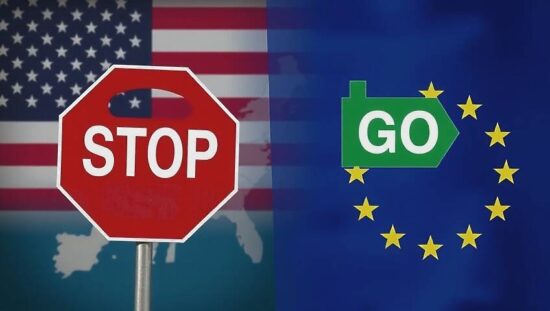The United States plans to restrict the export of AI chip components, a move announced by the US government just days before Donald Trump’s inauguration on Monday. The new policy will impose a cap on the purchase of computing power for most countries, with the majority of nations limited to an equivalent of 50,000 modern GPUs per country.
For countries that sign special agreements with the US, the cap can be doubled to 100,000. Exemptions will also apply to 18 key allies and partners, including Germany, Australia, Belgium, Denmark, Finland, France, the UK, Ireland, Italy, Japan, Canada, New Zealand, the Netherlands, Norway, Sweden, Spain, South Korea, and Taiwan.
Criticism of the new rules has come from the manufacturers of AI chip components, who view the measures as too restrictive. The European Union is also viewing the plans with concern, with EU Commissioner Henna Virkkunen and EU Trade Commissioner Maros Sefcovic stating on Monday evening that the move would limit the access of several EU member states and their companies to advanced AI chip components.
“We believe it is also in the economic and security interest of the United States to allow the EU to buy advanced AI chip components without restrictions” the EU officials said. “We work closely together, particularly in the area of security, and represent an economic opportunity for the US without posing a security risk.”
The concerns were shared with the current US government, the officials added, and they look forward to a “constructive dialogue” with the next US administration. “We are confident that we can find a way to maintain a safe transatlantic supply chain for AI technologies and supercomputers.





